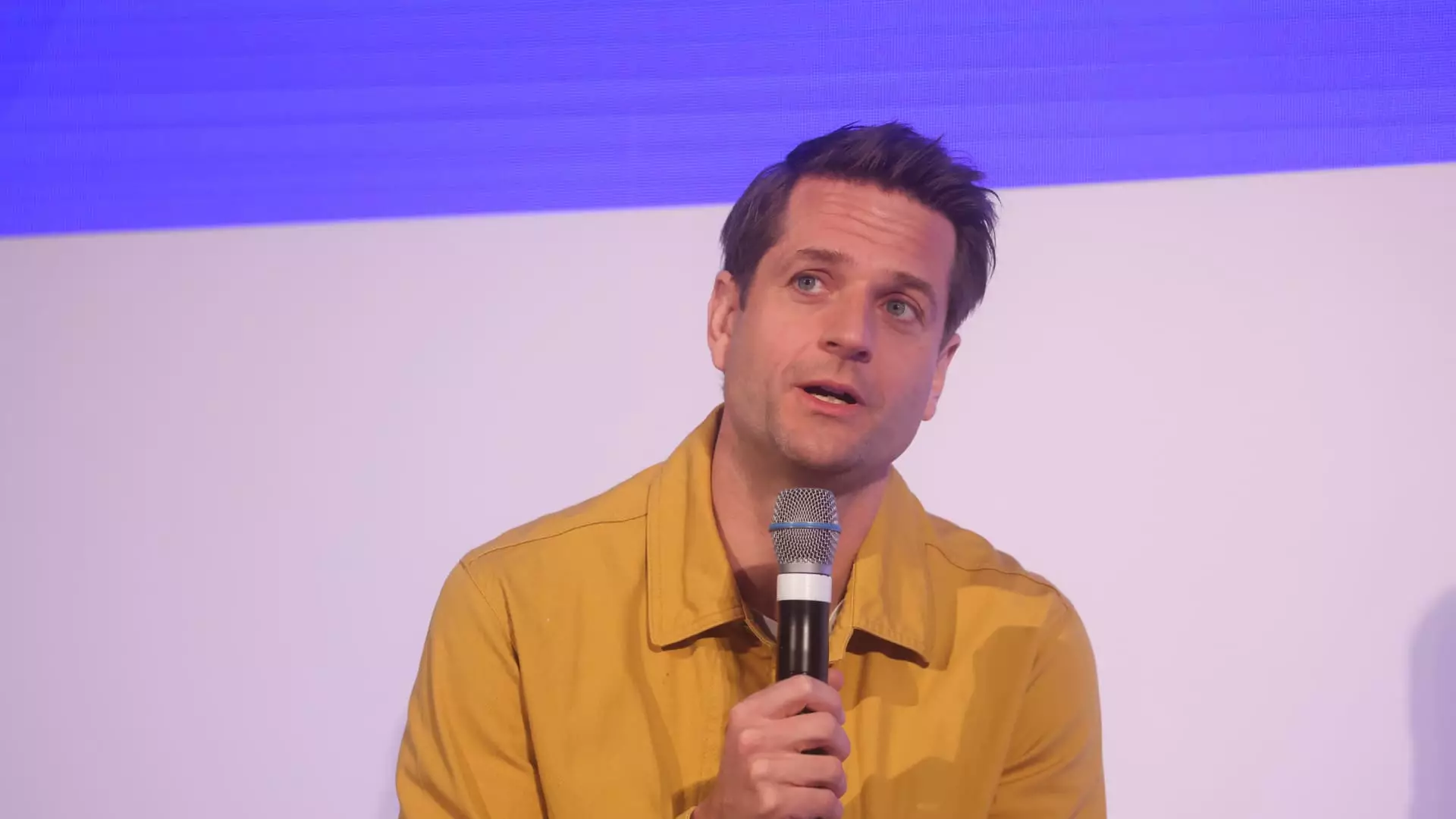As Klarna gears up for its significant initial public offering (IPO), concerns about the potential loss of top talent in Europe are mounting, with CEO Sebastian Siemiatkowski highlighting the risks posed by current employee compensation policies. This situation raises critical questions regarding the employment landscape within the European tech sector and the long-term implications for companies like Klarna as they attempt to remain competitive on a global stage.
Siemiatkowski, in a recent interview with CNBC, explicitly noted that the Swedish financial technology firm faces the risk of losing skilled employees to American tech giants such as Google, Apple, and Meta. The primary factor behind this concern is the restrictive nature of employee stock option regulations in Europe, which are fundamental to attracting and retaining top talent. Stock options serve as a valuable form of equity compensation, enabling employees to share in the company’s growth and success. However, European policies impose limitations, making it less appealing for tech professionals to stay on the continent.
The impending IPO has intensified these fears, as Klarna vies not just for market capital but also for the brightest minds within the industry. Siemiatkowski’s stark declaration—that the company’s compensation model presents the number one risk heading into the IPO—underscores the potential pitfalls of inadequate employee incentives. A troubling comparison illustrates this point: Klarna reportedly offers only one-fifth of its equity as a share of revenue compared to its publicly traded counterparts, who are providing six times as much equity. Such disparities render Klarna less attractive to prospective and current employees.
The landscape of stock options and employee benefits in Europe is fraught with complexities that complicate equitable compensation. Siemiatkowski pointed out that in countries like the U.K. and Sweden, employee social security payments on stock rewards are not capped, thereby diminishing the value of the equity employees receive. In essence, as a company’s stock price rises, the financial burden on the employer increases, as they are required to contribute more to employees’ social benefits.
This uncertainty in financial forecasting poses a significant challenge for companies, creating a volatile environment where future costs are tied to fluctuating market conditions. It is difficult for leadership to pursue long-term growth and sustainability when their expenses can be directly impacted by stock performance, complicating strategic financial planning.
Furthermore, the detrimental sentiment regarding compensation within Europe exacerbates the issue. Siemiatkowski criticized a prevailing attitude that talented individuals should not command high salaries, particularly within financial services. This perspective undermines the competitiveness of European tech companies in the talent market, especially when compared to their American counterparts. In the U.S., the tech sector actively embraces competitive compensation strategies, enhancing its ability to attract top-tier professionals.
The modern workforce has become increasingly mobile. Employees now have the option to work remotely for companies based in different countries, allowing them to capitalize on global opportunities without relocating. Siemiatkowski is acutely aware of this trend, acknowledging that Klarna’s growing prominence in the U.S. market may lead to employees being inundated with enticing offers from American firms.
As Klarna expands its footprint across the ocean, staff in Europe may find themselves more susceptible to recruitment efforts, further diluting the company’s talent pool. Moreover, the ease of moving or accepting offers from companies that provide superior compensation packages only adds fuel to a fire that could threaten Klarna’s operational integrity and progress toward a successful IPO.
For Klarna and similar European tech firms, the path forward demands a reevaluation of current compensation structures. A more flexible, favorable approach to employee stock options could be vital in retaining talent and ensuring competitiveness against their American counterparts. As Klarna prepares for its anticipated public offering, the need to address these challenges has never been more critical.
By tackling the barriers that currently constrain European firms from offering attractive stock option programs, companies like Klarna can not only foster a more robust workforce but also enhance their chances for sustained growth post-IPO. If Europe as a whole is to maintain its position as a technology leader, the time has come to redefine the strategies employed to nurture and retain its talent, thereby positioning itself for success in an increasingly competitive global market.

